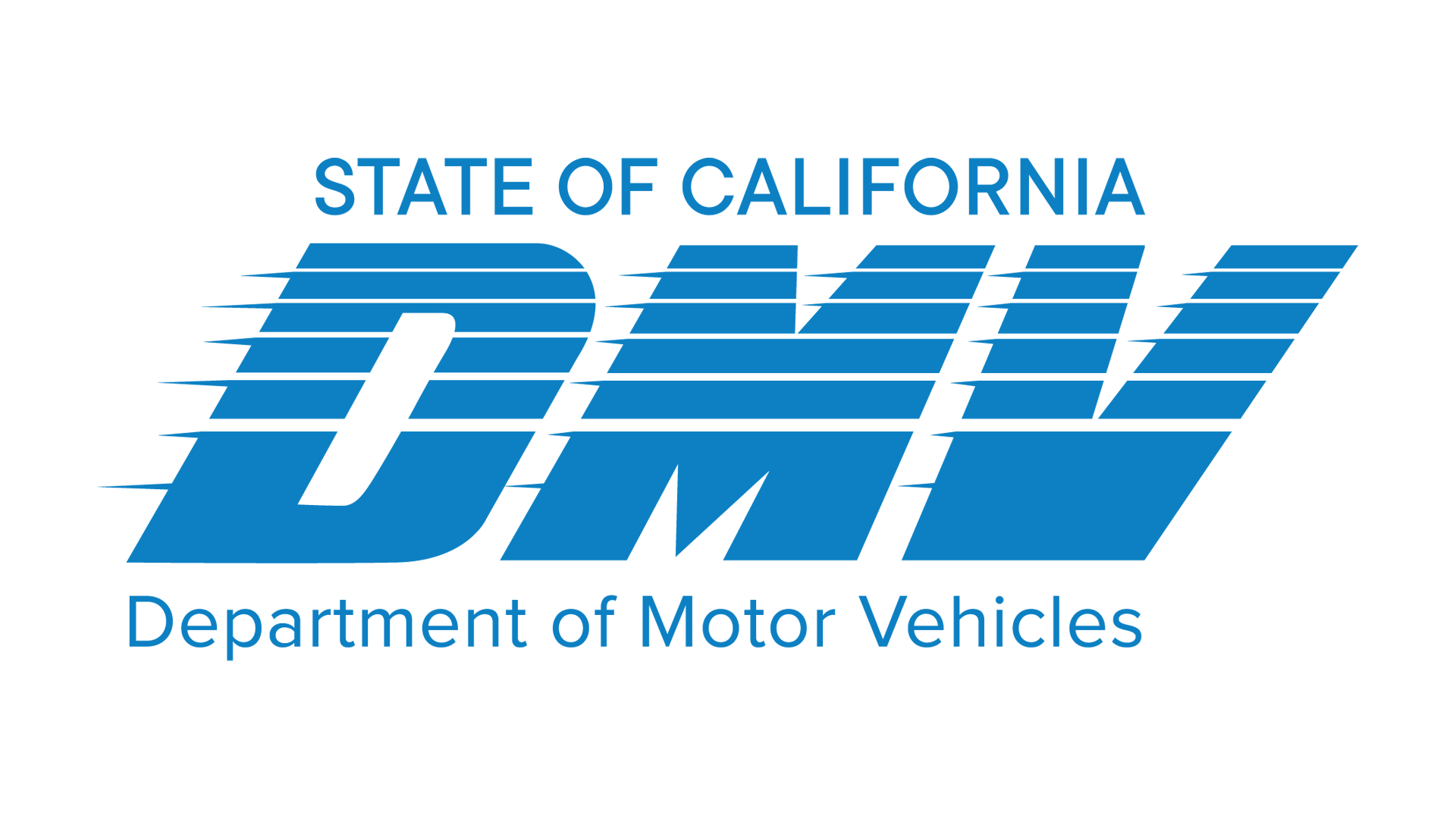You are now leaving this website and being directed to the specific California government resource or website that you have requested. CalHR accepts no responsibility for the content or accessibility of external websites or external documents linked to on this website.
Employee Designation: Manager, Supervisor, Confidential, and ExcludedThe Long-Term Care (LTC) offered by CalPERS provides coverage for custodial care that employees may need if, due to a chronic disease, injury, or frailty of old age, help is required with basic activities such as dressing, bathing, or eating. LTC pays for extended care at home, in an a-sisted living facility, adult day care center, or in a nursing home. There are several plan options with varying premiums to select from. All California public employees and retirees, as well as their spouses, parents, parents-in-law, and adult siblings between the ages of 18 and 79 are eligible to apply for this enrollee-paid benefit. For additional information about this benefit, contact the CalPERS Long-Term Care Office at 1-800-982-1775.
The Federal COBRA law (Consolidated Omnibus Budget Reconciliation Act) requires employers to offer continuation of health-related benefits to covered employees, spouses, domestic partners, and eligible dependent children who lose coverage due to certain qualifying events. Benefits can be continued for 18 or 36 months depending on the qualifying event. Premiums are calculated at 102% of the total premium rate, payable by the enrollee directly to the carrier on a monthly basis. Departments must ensure that covered employees and their dependents are provided with COBRA information and required COBRA notices, and a-sist employees and dependents with submission of necessary enrollment forms on time.
Under Consolidated Benefits (CoBen), the State provides a monthly benefit allowance to supervisors, managers, confidentials, and excluded employees to pay for their health, dental, and vision benefits. After the benefits have been paid, employees receive any excess allowance as taxable income. If employees choose benefits that cost more than the allowance, the additional amount is deducted from their pay check on a pre-tax basis.
Employees who have coverage from another source, e.g., a parent, spouse, domestic partner, or former employer, may opt to receive cash in lieu of medical or medical and dental coverage. These payments are considered taxable income and are as follows:


















